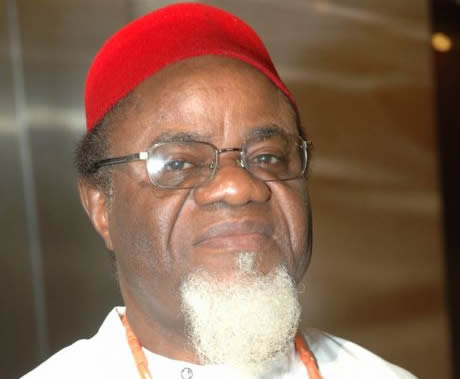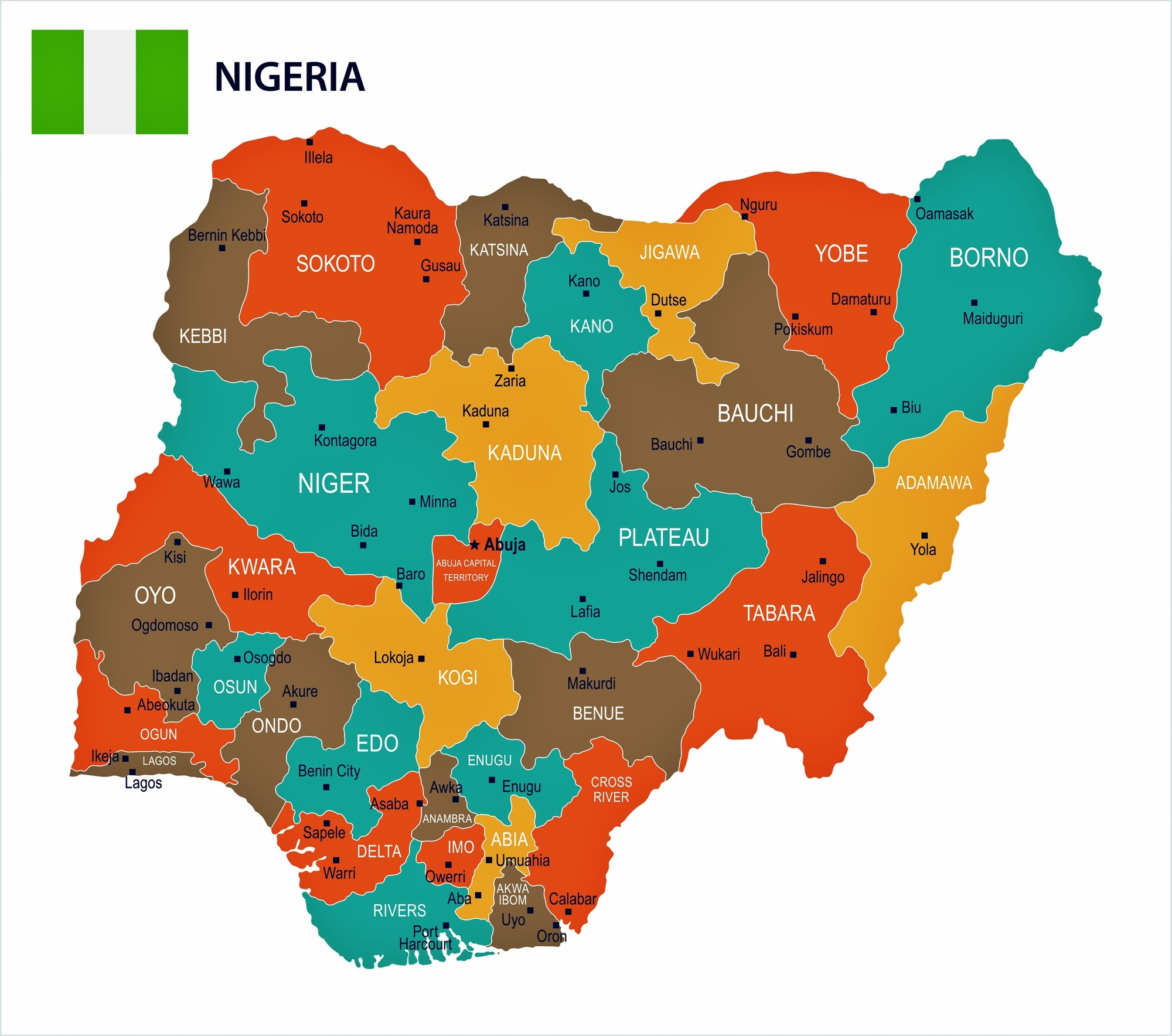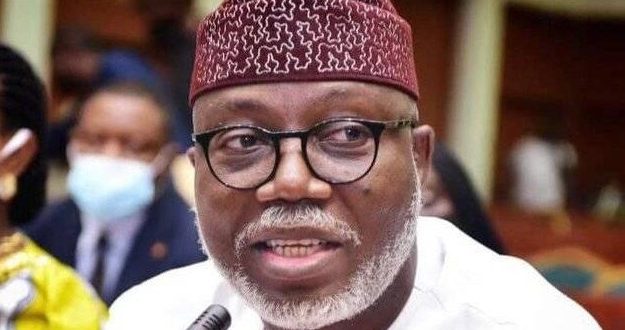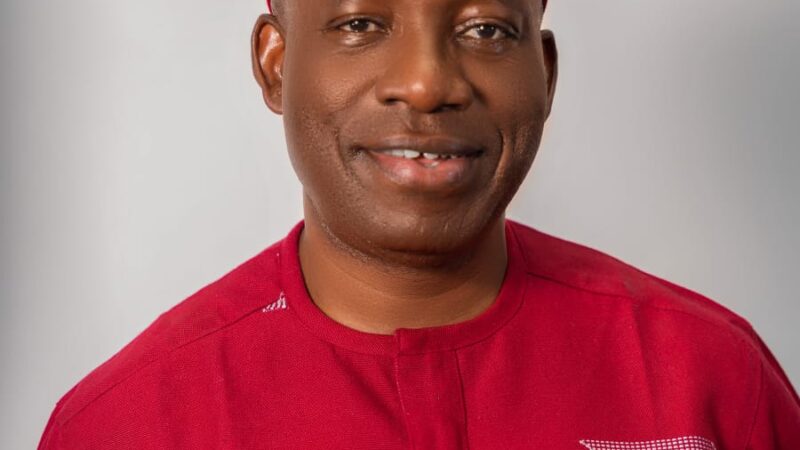New Deal For Nigerian Teacher?

 By Emeka Alex Duru
By Emeka Alex Duru
If President Muhammadu Buhari walks the talk in giving the Nigerian teachers a new ease of line, he would be setting a record that not many had actually expected from him. Coming from the background of the military – a sector Nigerians have vigorously criticized for setting the clock of national development backwards, Buhari did not fit into the bill of those looked up to, to give the education sector a boost. Also, not particularly seen from the angle of intellectualism, he appears more as a traditional soldier, who at best, for obvious reasons, would rather pay more attention to his military constituency. But the president seems to be on the road to making history for himself, if his pledges at the 2020 World Teachers Day, are actualised.
A President and his promises
Speaking through the Minister for Education, Adamu Adamu, President Buhari reeled out exciting programmes that will enhance the federal government policy on education. In particular, he approved a special pension scheme to enable the teaching profession retain its experienced talents as well as extend teachers retirement age to 65 years and the duration of teachers years to 40 years.
He said there will be Special Salary Scale for Teachers in Basic and Secondary Schools, “including provisions for rural posting allowance, science teachers allowance and peculiar allowance”. Other promises include building low-cost housing for teachers in rural areas, sponsorship to at least one refresher training per annum to benchmark best practices for improved teaching and learning.
There will also be expansion of the annual Presidential Teachers and Schools Awards to cover more categories and for the outstanding. Buhari added that he has approved the reintroduction of bursary award to education students in Universities and Colleges of Education with the assurance of automatic employment upon graduation.
The President stated that the payment of stipends to Bachelor of Education students as well as granting them automatic employment after graduation is now a government policy. He said the Tertiary Education Fund (TETFUND) will now fund Teaching Practice in Universities and Colleges of Education.
“My administrative has resolved that quality education of teachers in terms of engagement of continued professional development has to be given priority,” the president summed up in making the declaration. Not even Buhari’s critics have denied him the applause for the rare gesture. Udoka Nwoha, a retired school teacher from Nsukka, Enugu state, in appreciating the president, simply prayed, “it shall be well with him”. Omolara Ibidun, a private school teacher, in Lagos, said, “though we in the private sector may not immediately benefit from the gesture, it has given education a pride of place”.
The Teacher as torch-bearer
The new policy is generally seen as one that will restore education and the teachers to the respectable position they commanded in the society before. Teachers before now, had occupied a privileged slot in the estimation of the people. Generally seen as the light of their various communities, their homes had served as training grounds for youths and even new brides on public conduct. Being a child of a teacher, then, guaranteed automatic acceptance to one in a forum.
Assault on teaching profession
Over time, however, the respect that was accorded the teachers, plunged. And with successive administrations in the country treating the teachers with scant regards, being a teacher conjured imageries of poverty and want. Teachers in many states are on record to be owed various arrears of salary and other allowances. In obvious derogation, the expression, “teacher’s reward is in heaven”, began to gain ground. Consequently, not many youths were willing to take up teaching as a profession. At the various universities and other institutions of higher learning, education faculties and institutes, were associated with pregnant and/or old women who were derided by students from other disciplines.
Buhari to the rescue?
With the declarations by the President, there are hopes of improvement on the lots of the teachers. Retirement at 65 will place them at par with their counterparts in the universities. It will also make them retire at the same age with their contemporaries in the judiciary and research institutes. Besides, the society stands to gain with the teachers staying up to 40 years in practice or 65 years of age. Teaching profession is a unique one. It aligns with the saying, “the older the better”. It is one in which experience and stability count. Being a sector that handles a segment of the society that comprises the young and adolescent with their trademark storm and stress, it requires one with requisite and relevant experiences to manage the students. This is where the 65 years retirement age or 40 years service year, count exceedingly.
Also, in a situation where corruption seems to have eaten deep into the fabric of the society, a good deal for the teachers will go a long way in making them comfortable and committed to their work. It is in this regard that the falling standard in education can be stemmed.
How far will the government go?
The question however is on how far the government will go in actualising the scheme. The president for instance, did not state if the new policy will include all the teachers in the country or will be limited o those in the federal government employ. For one, education is not in the exclusive list in the constitution as to make the implementation a responsibility of the federal government. It is in the concurrent list in which the respective states have the latitude to fund the sector in their domains. Even as the president unfolded the agenda, some states are known to be struggling to meet up with paying the N30,000 national minimum wage to their workers. The national president of the Nigerian Union of Teachers (NUT), Nasir Idris, alluded to this when he said that the N30,000 minimum wage approved for all Nigerian workers since April 2019 is yet to be implemented for teachers in some states and the Federal Capital Territory. How these states that are yet to comply with the minimum wage payment can put into effect the pledge by the president, especially in the absence of any special provision to take care of the accompanying challenges, remains to be seen. The fear, therefore, is that with the declaration by the president, a new regime of agitation and consequent industrial actions by teachers in the various states may have been set in motion, perhaps, unconsciously.







